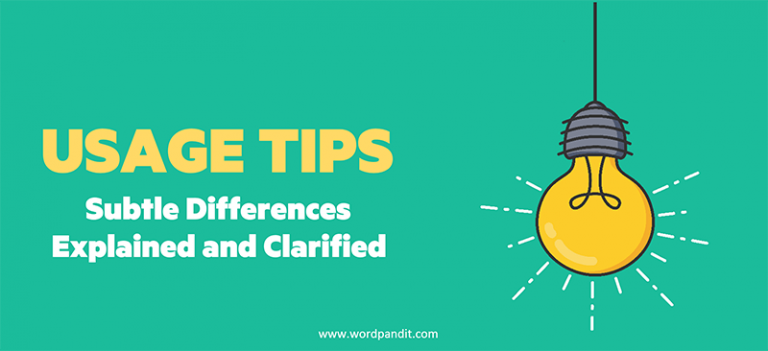Heal vs. Heel vs. He’ll: Clearing the Confusion
Have you ever found yourself wondering whether you need to “heal” or “heel” a wound, or perhaps you’ve been tripped up by “he’ll”? 🤔 You’re not alone. These three words are classic examples of homophones—they sound the same but have very different meanings. Let’s break down the differences so you’ll never mix them up again! 💡
Heal 🏥✨
Definition: Heal means to make or become well again. It often refers to recovery, whether physical, emotional, or spiritual. 💖
Pronunciation: /hiːl/ 🔊
Etymology: The word “heal” comes from Old English hǣlan, meaning “to make whole.” 📜
Usage Example:
- Time will help you heal after the injury. ⏳
- She hopes her broken heart will heal with time. 💔➡️💖
Synonyms: Mend, recover, remedy 🔄
Antonyms: Hurt, damage 🚫
Heel 👠🐾
Definition: Heel can refer to the back part of the foot or shoe. It can also mean to follow closely, often used when training dogs. 🐕
Pronunciation: /hiːl/ 🔊
Etymology: “Heel” derives from the Old English hēla, referring to the back of the foot. 📜
Usage Example:
- The dog’s paws clicked on the pavement as he walked at her heel. 🐾
- She wore high heels to the party. 👠🎉
Synonyms: Spur (in reference to a shoe), follow 👣
Antonyms: Tiptoe (in terms of behavior), lead 🚶♂️
He’ll ➡️👨
Definition: He’ll is a contraction of “he will” or “he shall.” 🔗
Pronunciation: /hiːl/ 🔊
Usage Example:
- He’ll be joining us for dinner tonight. 🍽️
- If you give him time, he’ll finish the project. ⏳✅
Synonyms: He shall, he will 💬
Antonyms: He won’t, he wouldn’t ❌
Comparison and Contrast
Heal is all about getting better, whether it’s a broken bone or a wounded heart. 💔➡️💖
Heel refers to the back of your foot or following behind someone. 👣
He’ll is simply a short way to say “he will.” ⏩👨
It’s easy to mix them up in speech since they all sound identical, but the context will usually give you the clue you need. Imagine your dog needs training: You want the dog to walk at your heel, not heal! 🐕👣 And if your brother says he’ll come help you out, you know it’s about future action, not something to do with shoes. 👞🕒
Mnemonic Devices
- To heal is to feel better. Both words have an “ea,” so think of feeling better when you heal. 😊
- A heel is at the back of your foot, like a high heel shoe. Remember: Heel has two “e’s” like the two feet it refers to. 👠👣
- He’ll has an apostrophe, reminding you it’s a contraction of “he will.” 🔗👨
Contextual Usage
- Heal: She gave herself time to heal after the breakup. 💔➡️💖
- Heel: The heel of her shoe broke on her way to work. 👠❌
- He’ll: He’ll probably buy a new pair tomorrow. 🛍️👞
Related Words
- Whole vs. Hole: Another confusing pair that might catch your eye. 👀
- Steal vs. Steel: Just like heal, steal also ends with “eal,” but watch out! ⚠️
Conclusion
By now, you should have a solid understanding of the differences between heal, heel, and he’ll. 💡 Whether you’re writing about recovery, your shoes, or someone’s future actions, the right word can make all the difference. Keep practicing, and soon you’ll be using these words with confidence. 💪✍️
Test Your Knowledge: Hearsay vs. Heresy Quiz
1. The news was dismissed as ___ since no one could verify it. 📰
2. In medieval times, people were executed for committing ___. ⚔️
3. Hearsay means spreading false religious beliefs. (True / False) ❌
4. Match each synonym to the correct word:
5. He was accused of ___ for expressing beliefs contrary to the state religion.
6. Which of the following is the correct pronunciation for ‘Heresy’?
7. The witness provided only ___, while the philosopher was accused of ___. 🤔
8. Which word has its origins in Greek, meaning ‘choice’?
9. Hearsay is used to refer to challenging established beliefs. (True / False) ❌
10. The villagers dismissed the rumors as ___, but feared the repercussions of being accused of ___. 😨













